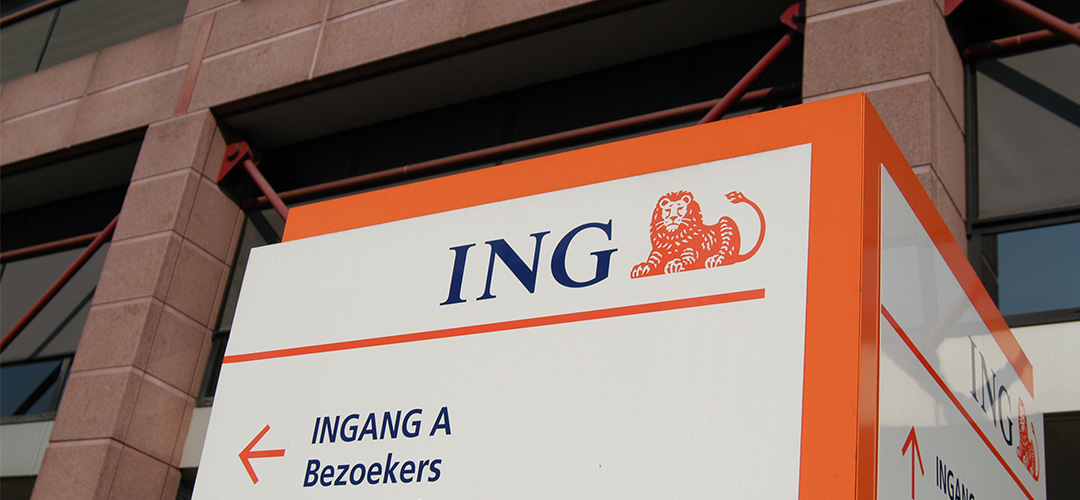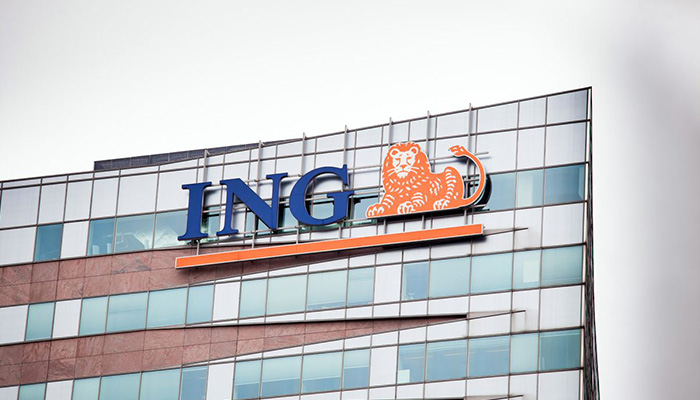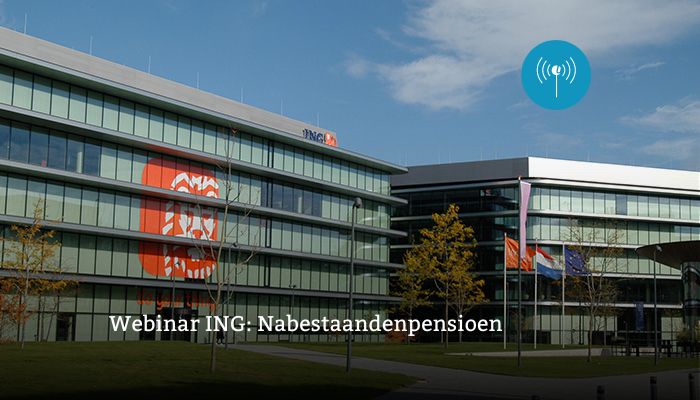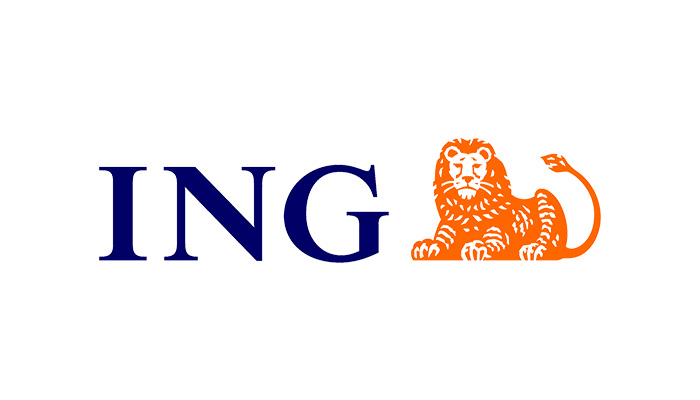
Things are not going smoothly with the ING collective labor agreement, that much is clear. Are we, employees, too demanding or is ING too stingy? A personal vision of an involved employee (me, that is).
It should be clear that I think that the employees are right on their side. But why? And is ING's proposal, which came about under the pressure of threatening actions, really so bad that it does not form a basis for reopening negotiations? I will try to explain that in this piece.
Basic principle: share fairly
You can look at the collective labor agreement in different (at least three) ways, from the benchmark as ING does. Or from eroding purchasing power, for example. For me, fair sharing is paramount. ING is a fantastic company. Also financially.
For the sustainable viability of a company, the parties involved must be satisfied.
- Customers get their money's worth
- Suppliers receive money for their goods
- Employees are paid for their work
- Shareholders receive an appropriate remuneration for making risk capital available
If you structurally fail one of these parties, your company will not have a long life.
ING has a luxury problem and that is that there is enough money to satisfy all parties and that there is still (a lot of) money left. And ING believes that the excess should all go to the shareholders and actually even more than just the excess, if you look at the financial ambitions. There is a reason for this, but it is just outside the scope of this piece.
My view is that all parties are entitled to their share in the overall result. In any case, the employee is not the least important. That makes using the benchmark completely irrelevant because it ignores profitability. Especially now that inflation is hitting it so hard, it is important that the employee gets his fair share of what is being raked in in terms of financial results.
If business economics threaten to go wrong (such as with the outbreak of the pandemic), you do not hear ING about the benchmark, but they are there like the chickens to ask the employee to use a zero line. share in the pain (which, by the way, was not forthcoming), but ING does not give way if we want share in the fine (or them in our pain, which is all too real).
Even now it again Shareholder First principle: underlying profit and payout increase by 27%
But, Yoap, ING has adjusted the proposal considerably upwards, hasn't it? Is it still not fair sharing? Indeed, it is not. In comparison: ING will increase the distribution to shareholders by 2022% over 27, the same percentage as the Q4 pre-provision profit rose. Read that out loud again: TWENTY-SEVEN PERCENT (!). I'm not making that up, but it's just in the quarterly earnings presentation.
Also for 2023, the quarterly figures - unlike usual - promise golden mountains when it comes to income (increase of more than 10%), cost/income ratio and shareholder payments (more than 100% of the profit). That hoarded capital goes to the shareholders may seem like a cigar from your own box, but employees have worked hard for this.
Then don't come up with the pathetic story that there is no strong wage increase. Shareholders Gold, Employees Coldseems to be ING's motto.
ING offers a wage increase of 2023% to 4% for 7, which also takes effect halfway through the year (but the bills are already coming in) and 2024% for 3, which is roughly half financed by the cancellation of the CMU. This means that purchasing power will be eroded even further than is already the case, because inflation expectations, including those of ING, are considerably higher.
Counting periodically is nonsense
ING recently also included the April periodic in the calculations. That is unique in the Netherlands. This is a misrepresentation for two reasons
- The periodical reflects increased productivity because you become better at your work (learning curve effect, a kind of Android update). So it is comparing apples with oranges
- The increment does not cost ING any money at all. The distribution of employees across the scale is restored during the year by outflow at the top and inflow at the bottom. This creates a dynamic equilibrium, just like with people on an escalator or water molecules in a river. The water flows to the sea, but the river remains.
In the meantime, ING is making a mess of that periodical. In the last proposal it is reduced to 2% in the lower half of the stretched scale and to 1% in the upper half. This is how you spend 33 years growing from bottom to top. Well in ING a knowledge-intensive company, but half (current situation) is already crazy.
Conclusion: we are not there yet
So I personally think that ING's wage offer is not a basis for going to the table. But I'm not talking about that at all, that's up to you. Earlier inquiries among the members by the unions showed that ING must propose a certain minimum for the collective salary increase in order to enter into discussions. I cannot reveal that percentage, but it is not 5%. Nor is it 10%. And not in combination with an extremely lean 2024.
In view of the above, I think that is a perfectly reasonable position on the part of the Members. The fact that ING is moving under the pressure of the actions is a good sign. If we persevere determinedly together, things will still go smoothly with that sustainable collective labor agreement, which I grumble at you.
Yoap Brugmann
Executive member of ING De Unie



